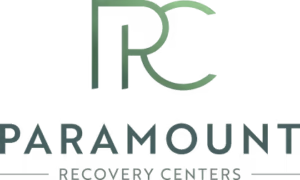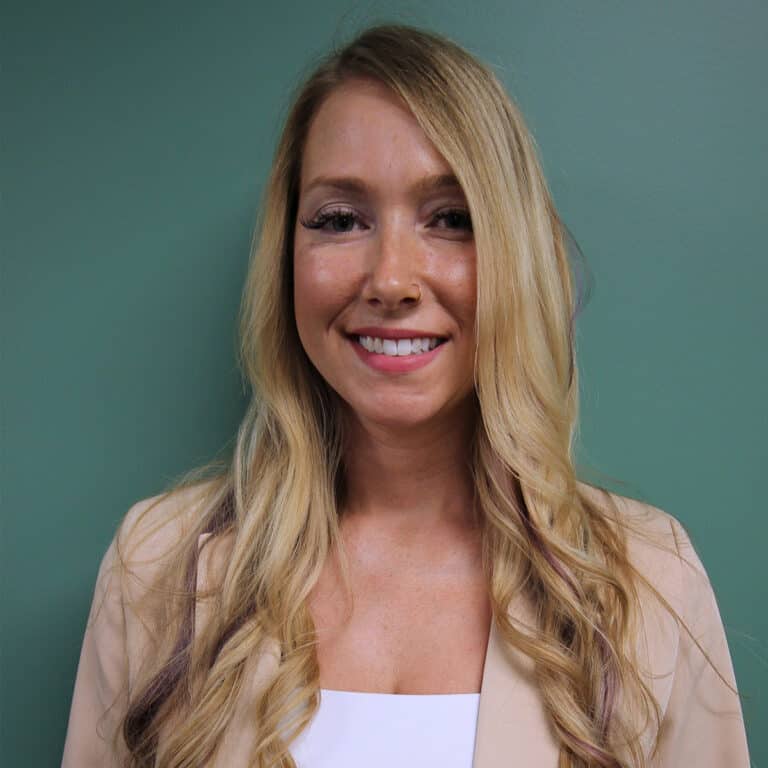Depression is a common and concerning mental health condition among those struggling with substance use disorder involving drugs or alcohol. Substance misuse can often trigger or intensify the feelings of loneliness, sadness, hopelessness, and emotional pain frequently associated with depression.
Research from the World Health Organization indicates that an estimated one-third of individuals with major depression also struggle with alcohol use disorder. While most people experience temporary ups and downs throughout life, clinical depression persists for extended periods of weeks, months, or even years.
The Troubling Link Between Depression and Substance Misuse
Mental illness, such as depression, can interfere substantially with all aspects of a person’s life, including their ability to work, maintain relationships, and engage in a healthy lifestyle. For those experiencing the debilitating symptoms of depression who feel there is no end in sight, turning to alcohol or drug use may sometimes appear to offer an easy but temporary escape from their emotional turmoil.
However, these substances can rapidly become addictive, and the more they are consumed, the more dependent the body and mind become on their effects. Over time, continued drug use can significantly exacerbate the symptoms of depression as well as lead to other mental health disorders and physical health problems like brain damage.
Request a 100% Confidential Callback
If you or a loved one are struggling with substance abuse and mental health problems, contact our drug and alcohol rehab center in the Greater Boston area to talk confidentially with an addiction specialist. For immediate help, call (978) 878-3677 or fill out the form below, and we will get back to you as soon as possible.
"*" indicates required fields
Common Symptoms of Major Depressive Disorder
The diagnostic criteria for major depressive disorder include experiencing a depressed mood along with several other potential symptoms like a loss of interest or pleasure in daily activities, persistent feelings of low self-worth or excessive guilt, sleep disturbances, unintentional and sudden weight loss or gain, fatigue or low energy, impaired concentration or indecisiveness, recurring thoughts about death or suicide, and suicide attempts.
To meet the diagnostic threshold, these symptoms must cause significant distress or impairment and cannot be better explained by a different mental health condition.
Understanding the Range of Mental Disorders
Major Depressive Disorder (MDD) is characterized by experiencing at least two weeks of a severely depressed mood along with a majority of the other key symptoms. Persistent Depressive Disorder, formerly known as dysthymia, involves a chronically depressed mood that persists for two years or more. Bipolar disorder is a mood disorder that involves cycling between depressive episodes and hypomanic episodes.
There are common risk factors that may contribute to mental disorders. For example, Postpartum Depression can affect up to 16% of women after childbirth, while Seasonal Affective Disorder (SAD) is a form of depression triggered by environmental factors such as the changing light and temperature levels accompanying the seasonal transitions.
How Substance Use Fuels Depressive Symptoms
Alcohol and drug abuse can significantly worsen the course and outcome of mental disorders by aggravating depressive symptoms, increasing the risk of hospitalization, and interfering with the effectiveness of mental health treatment.
Potential root causes of developing depression or other mental disorders include genetic vulnerabilities, brain chemistry imbalances, childhood trauma or adversity, stressful life events involving loss or trauma, and even certain medical conditions.
Substance use and addiction can directly contribute to worsening depression through mechanisms like increasing inflammation, dysregulating stress hormones like cortisol, inducing withdrawal symptoms during abstinence, and promoting social isolation.
The Vicious Cycle of Co-Occurring Depression and Substance Abuse
For many individuals, depression and substance abuse fuel a vicious cyclical pattern where each makes the other more severe. Some initially begin using drugs or alcohol in an attempt to self-medicate their mental disorders through chemical intoxication.
However, this self-medication approach is ineffective at treating the underlying disorder and only provides temporary relief before worsening mental health symptoms. The negative effects of substance misuse, like heightening anxiety, disrupting sleep, and increasing negative emotions, then intensify depressive symptoms, motivating further substance use in a destructive downward spiral.
This cycle highlights the need for integrated treatment approaches targeting both substance abuse and co-occurring mental disorders at the same time.
Get Answers to Your Questions Now
Diagnosis and Treatment of Co-Occurring Mental Disorders
To diagnose a Substance Use Disorder (SUD), mental health professionals rely on the criteria outlined in the Diagnostic and Statistical Manual (DSM). If an individual exhibits symptoms meeting the criteria for both a SUD and a mental disorder, they will be diagnosed with a dual diagnosis.
Effective treatment plans must address and manage both the SUD and the mental health challenges through a comprehensive, integrated approach.
Psychotherapy for Co-Occurring Depression and Addiction
Psychotherapy, also called talk therapy, approaches like cognitive behavioral therapy (CBT) and motivational interviewing are commonly utilized components of treatment for co-occurring depression and substance use disorders. CBT helps individuals identify and begin challenging irrational thoughts and beliefs contributing to negative emotions.
Motivational therapy techniques explore an individual’s motivations for change to resolve ambivalence about making difficult lifestyle changes. Group therapy and family therapy are also helpful in treating mental health disorders.
Individuals may benefit from support groups as well for long-term relapse prevention from substance abuse. This may include groups such as Alcoholics Anonymous (AA) or Narcotics Anonymous (NA), where individuals can discuss alcohol abuse and substance use with individuals who have gone through similar struggles. Meetings are typically locally based and can be found on the AA website and NA website respectively.
Medication Management of Co-Occurring Disorders
In addition to psychotherapy, medication is often prescribed to manage co-occurring depression and SUDs. Antidepressant medications like selective serotonin reuptake inhibitors (SSRIs), serotonin-norepinephrine reuptake inhibitors (SNRIs), tricyclic antidepressants, and monoamine oxidase inhibitors (MAOIs) may be used to treat severe symptoms.
Medications specific to the particular substance being misused, such as anti-craving or withdrawal management drugs, are also frequently incorporated into treatment plans for co-occurring disorders.
Finding Mental Health Help for Depression and Substance Use
While living with a combination of mental disorders and substance use disorders can be incredibly challenging, it’s crucial to seek professional help. At Paramount Recovery Center, our team of mental health professionals and addiction treatment specialists can help diagnose these co-occurring conditions and develop an appropriate integrated treatment plan.
With comprehensive, evidence-based treatment targeting both the mental health disorder and the substance use disorder together, long-term recovery and an improved quality of life are possible. For more information about treatment options for substance use disorders and depression, give us a call at (978) 878-3677 or send us a message via our online form.



